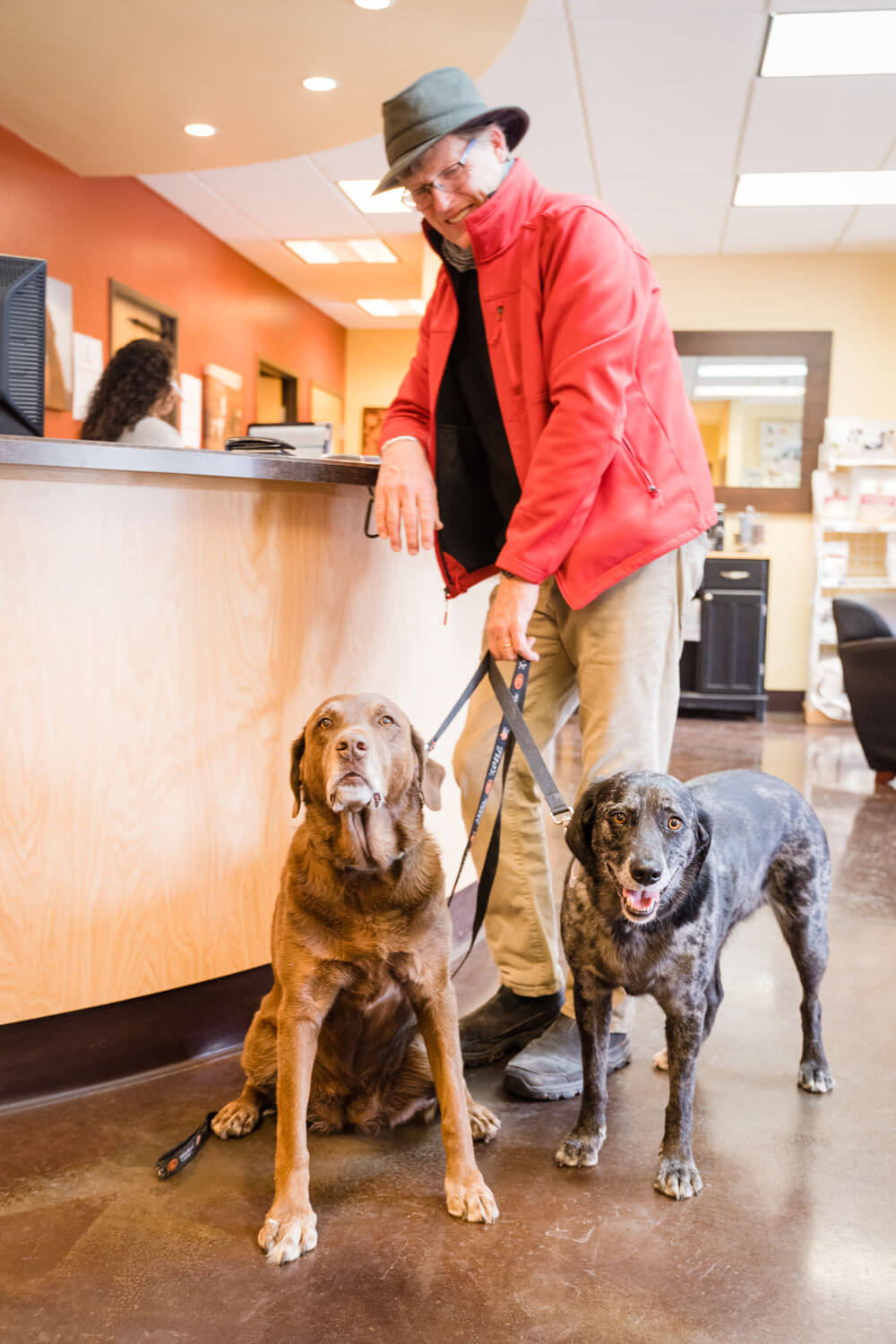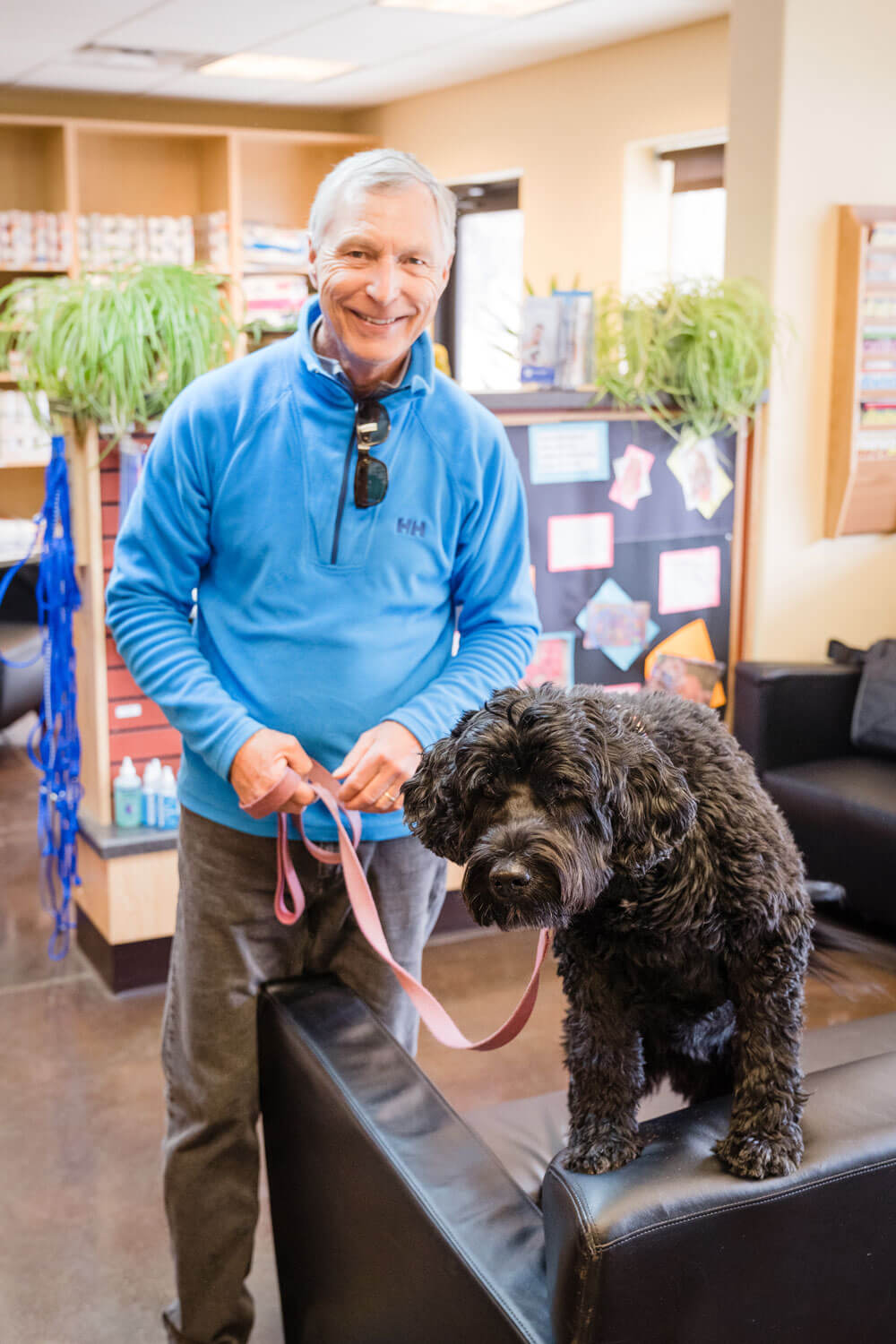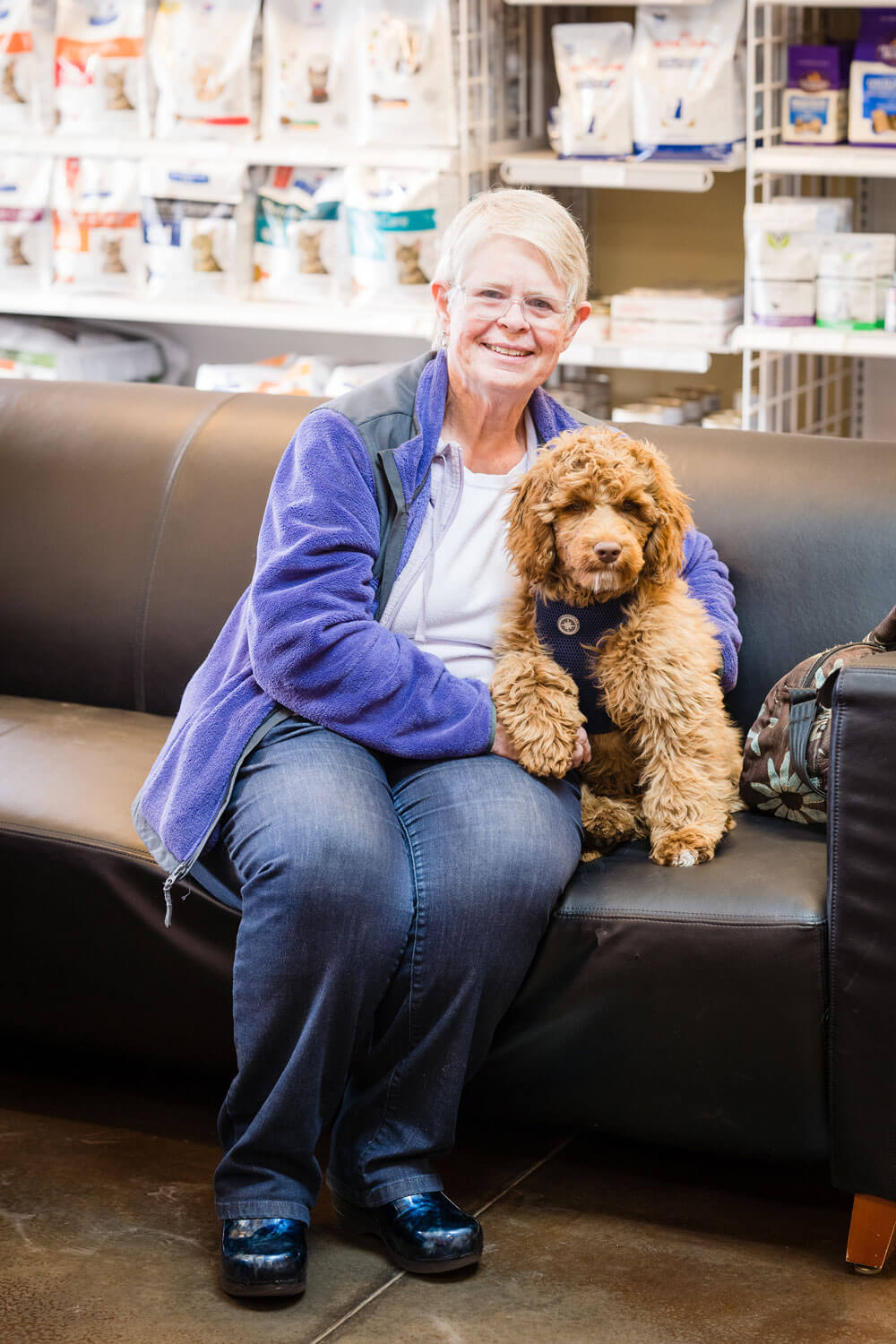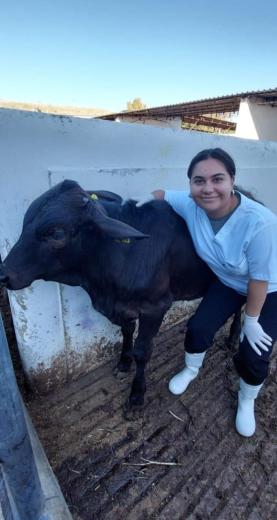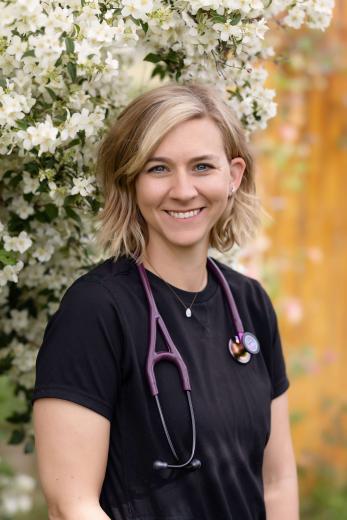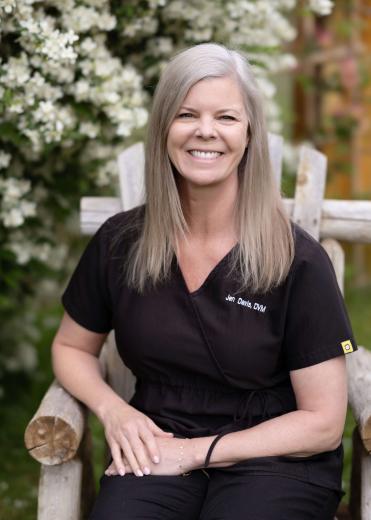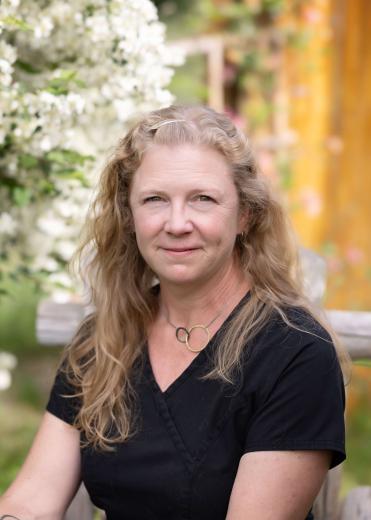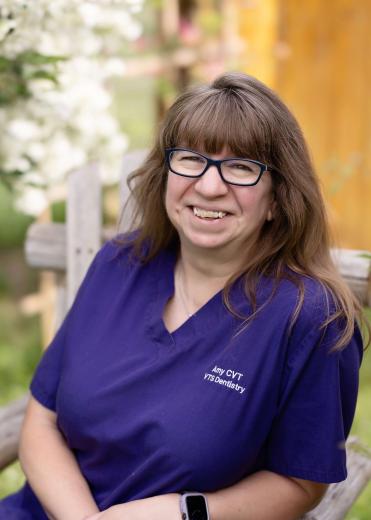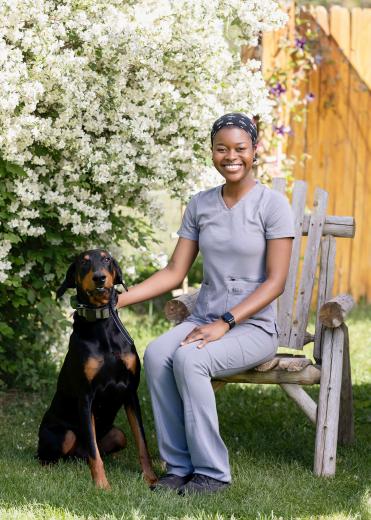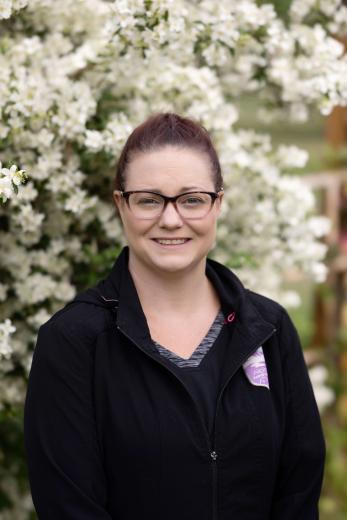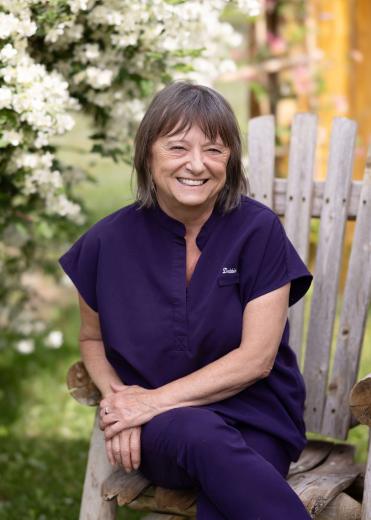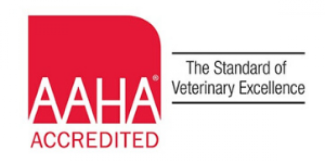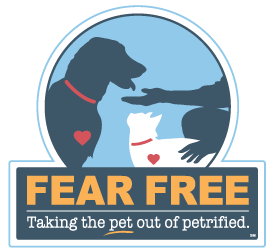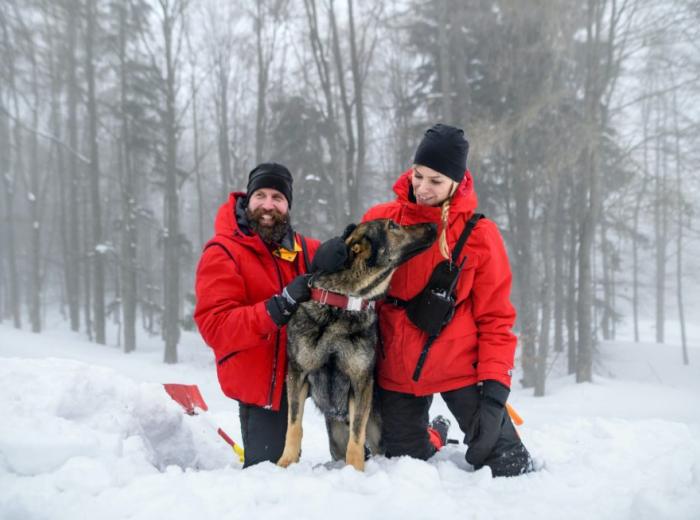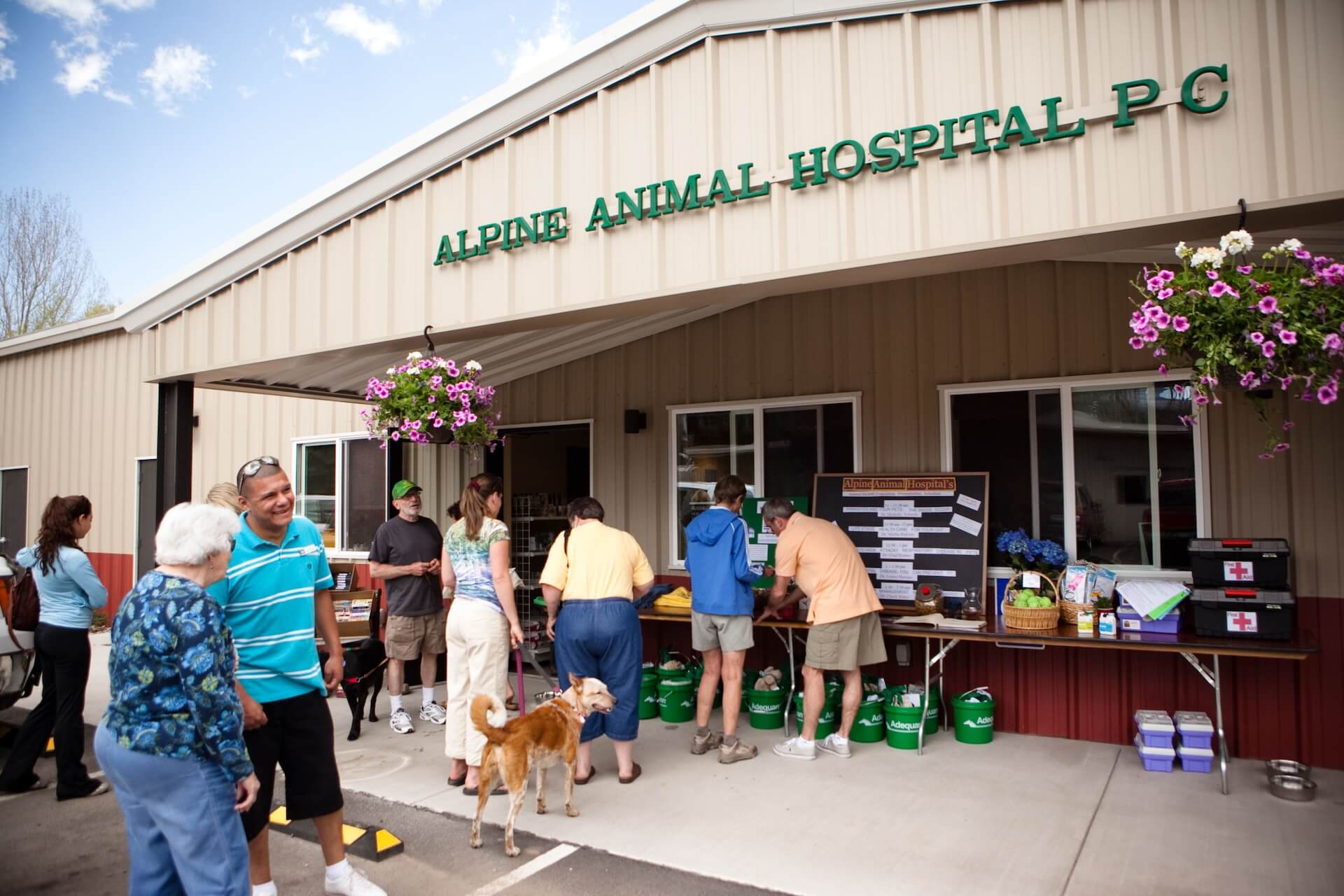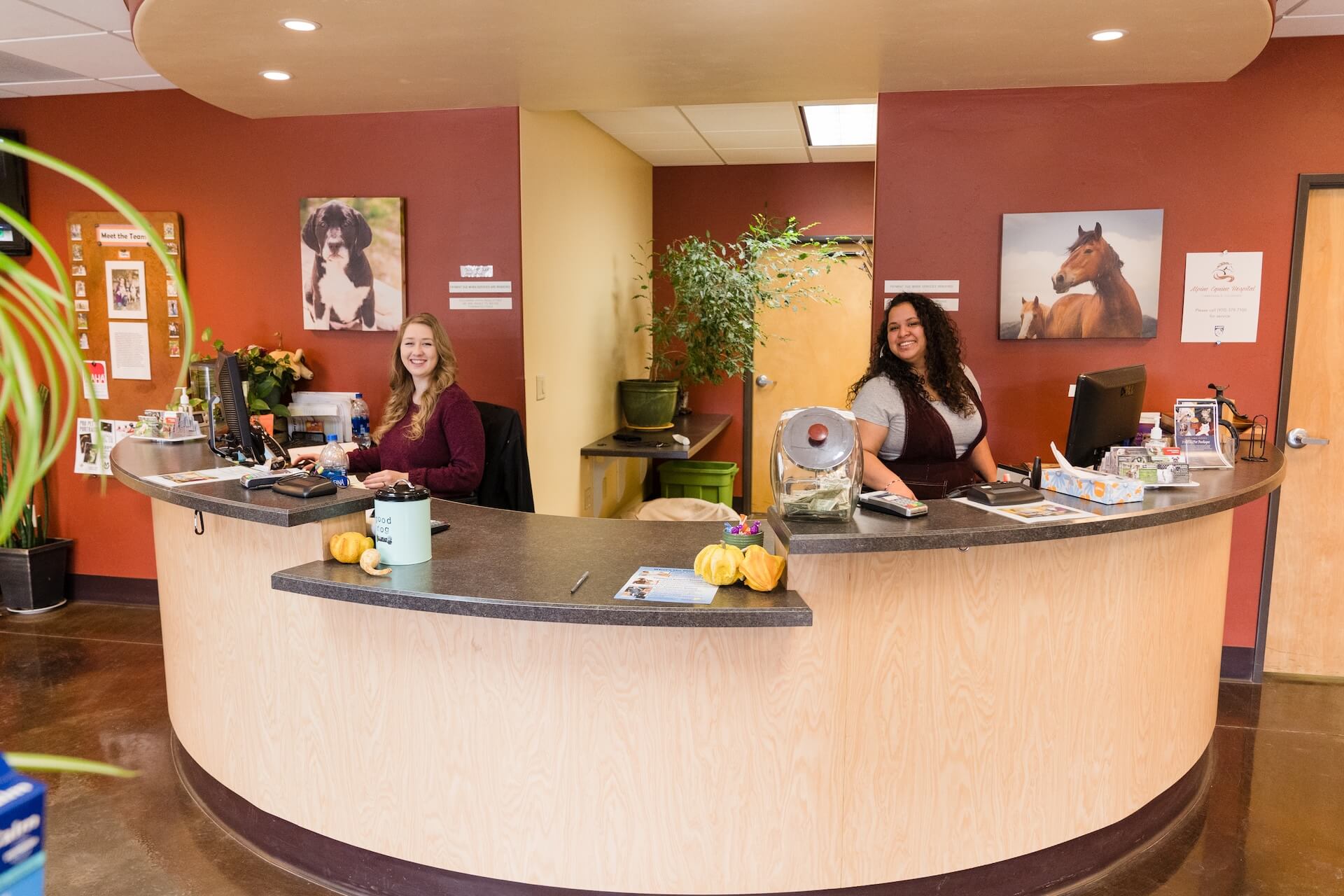
Top Rated Veterinarian in Carbondale, CO
At Alpine Animal Hospital, we are inspired by animals’ extraordinary relationships with their humans and how that relationship can bring people together. We are fully dedicated to serving and celebrating those bonds through our service to our patients and clients.
Alpine Animal Hospital is a full-service animal hospital welcoming companion animals in need of emergency treatment as well as preventative, medical, surgical, oncology, and dental care. Beyond providing exceptional pet care, we make our clinic comfortable, kid-friendly, and specific to your and your animal’s needs by offering multiple exam rooms designed for cats only, larger canines, or saying goodbye to your best friend. We also offer home health and hospice care for those pets who are not going to travel well or who need the comfort of your home.
Take it Easy, Carbondale

Alpine Animal Hospital is proud to be a part of the Take it Easy campaign. The Take it Easy campaign helps promote individuals to be conscientious about their impact on the community.

Serving and Celebrating the Human-Animal Bond
What We Do
Our Services
They Love Us
Pet Care Information
Carbondale Pet Owner Resources
